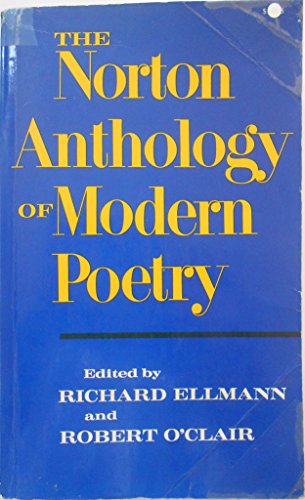So, to follow-up from my call for poets for my 21st-Century poetry class, I ended up with the following poets:
Kimberly Campanello, Annemarie Ní Churreáin, Shaindel Beers, Layli Long Soldier, Kaveh Akbar, and then I added Joseph Legaspi, Vievee Francis, and Tara Skurtu, and thus I am ordering books from CavanKerry, Salt Publishing, Doire Press, Eyewear Books, Triquarterly Books, Graywolf Press, and Alice James Books.
To be sure, anthologies are usually cheaper, and that's the best reason to use them over individual books of poetry. Of course, I would argue that going fully on-line would be the most economic all--and for my lower-level classes, that's where I go. For this particular class, these books will set back my students about $120. I also look at what students pay for textbooks in other classes, or at lab fees, and I can rationalize my choices here. I also habitually give away free copies of my own books or of books from my own library (do I really need a thousand books of poetry??) to my students in these classes.
But it's the tactile thing I'm after, for the books to be in their hands, to be produced by these small, independent presses, to see the miraculous thing of it all. We also regard the work of any one poet more deeply, not just a decontextualized selection of their three or five greatest hits. It also, more importantly, frees us from the anthology's inherent privileging of "excellence" as a central and defining criterion for inclusion. We see the poems more on their own terms, as the poet and her editor have arranged it directly, and we see the poem as part of a larger construct, not an independent, discrete, unmoored thing.
The thrill, for this class, is that we are reading works that were published in the last five years (I have to remind my students that the poems might have been written and finished years and years before that), and that the students and I are dealing with the same unfamiliar terrain--I have yet to "teach" or present a poem by one of these poets in a class. To be sure, my students' footing may be more secure than mine in their reading and understanding of any one of these diverse poets. It's also transparent to my students that these poets may share more with them, their world and concerns, than what these poets may or may not share with me. Our engagement is about the questions, the troubling disruptions, the things that seem a little beyond, and then those moments were we see something, right there, that the language reveals, animates, or kills.
Kimberly Campanello, Annemarie Ní Churreáin, Shaindel Beers, Layli Long Soldier, Kaveh Akbar, and then I added Joseph Legaspi, Vievee Francis, and Tara Skurtu, and thus I am ordering books from CavanKerry, Salt Publishing, Doire Press, Eyewear Books, Triquarterly Books, Graywolf Press, and Alice James Books.
It's probably been at least a dozen years since I used an anthology. I dislike their suggestion of comprehensiveness, that they give a wide swath of representation. And if they are truly wide, in terms of aesthetics, diversity of voices, and all of that, they tend to give such shallow immersions. Worse, they are something of a disjointed mix-tape, not shedding light on the poets but reflecting the partial reading of the editors. And then all those footnotes, especially with the Norton anthologies, that disable the poetry itself (I cut my teeth with the first edition of the Norton Anthology of Modern Poetry, way back in 1978 in Dick Widmayer's 20th-Century Literature class at the College of Idaho).
To be sure, anthologies are usually cheaper, and that's the best reason to use them over individual books of poetry. Of course, I would argue that going fully on-line would be the most economic all--and for my lower-level classes, that's where I go. For this particular class, these books will set back my students about $120. I also look at what students pay for textbooks in other classes, or at lab fees, and I can rationalize my choices here. I also habitually give away free copies of my own books or of books from my own library (do I really need a thousand books of poetry??) to my students in these classes.
But it's the tactile thing I'm after, for the books to be in their hands, to be produced by these small, independent presses, to see the miraculous thing of it all. We also regard the work of any one poet more deeply, not just a decontextualized selection of their three or five greatest hits. It also, more importantly, frees us from the anthology's inherent privileging of "excellence" as a central and defining criterion for inclusion. We see the poems more on their own terms, as the poet and her editor have arranged it directly, and we see the poem as part of a larger construct, not an independent, discrete, unmoored thing.
The thrill, for this class, is that we are reading works that were published in the last five years (I have to remind my students that the poems might have been written and finished years and years before that), and that the students and I are dealing with the same unfamiliar terrain--I have yet to "teach" or present a poem by one of these poets in a class. To be sure, my students' footing may be more secure than mine in their reading and understanding of any one of these diverse poets. It's also transparent to my students that these poets may share more with them, their world and concerns, than what these poets may or may not share with me. Our engagement is about the questions, the troubling disruptions, the things that seem a little beyond, and then those moments were we see something, right there, that the language reveals, animates, or kills.

Comments